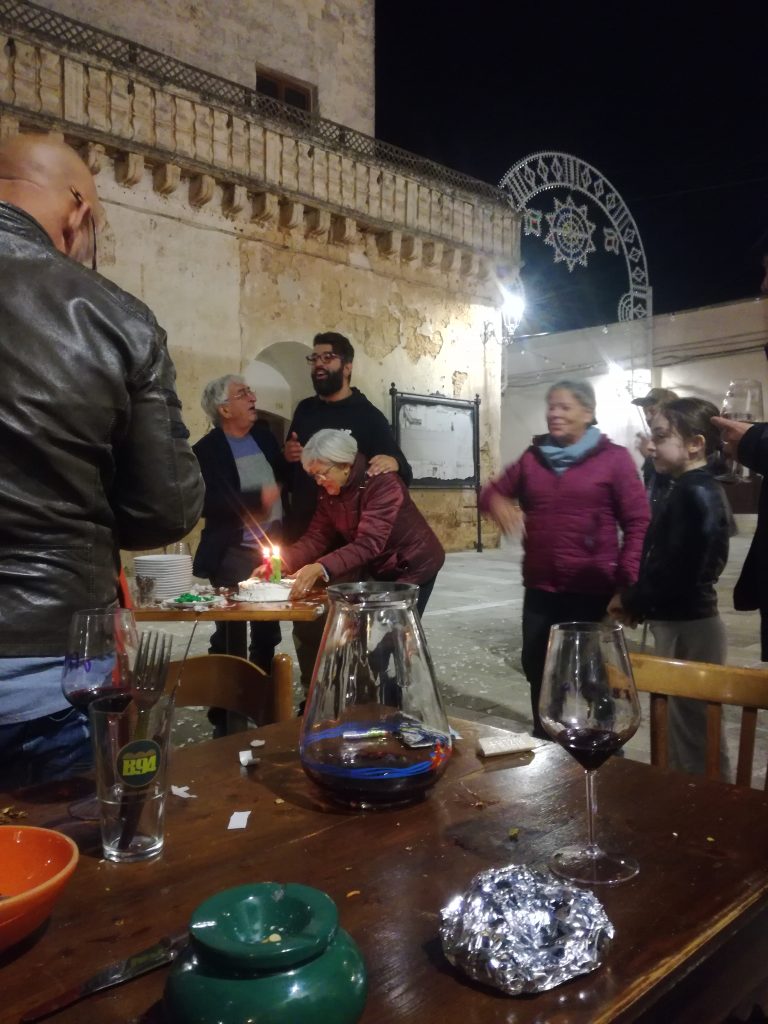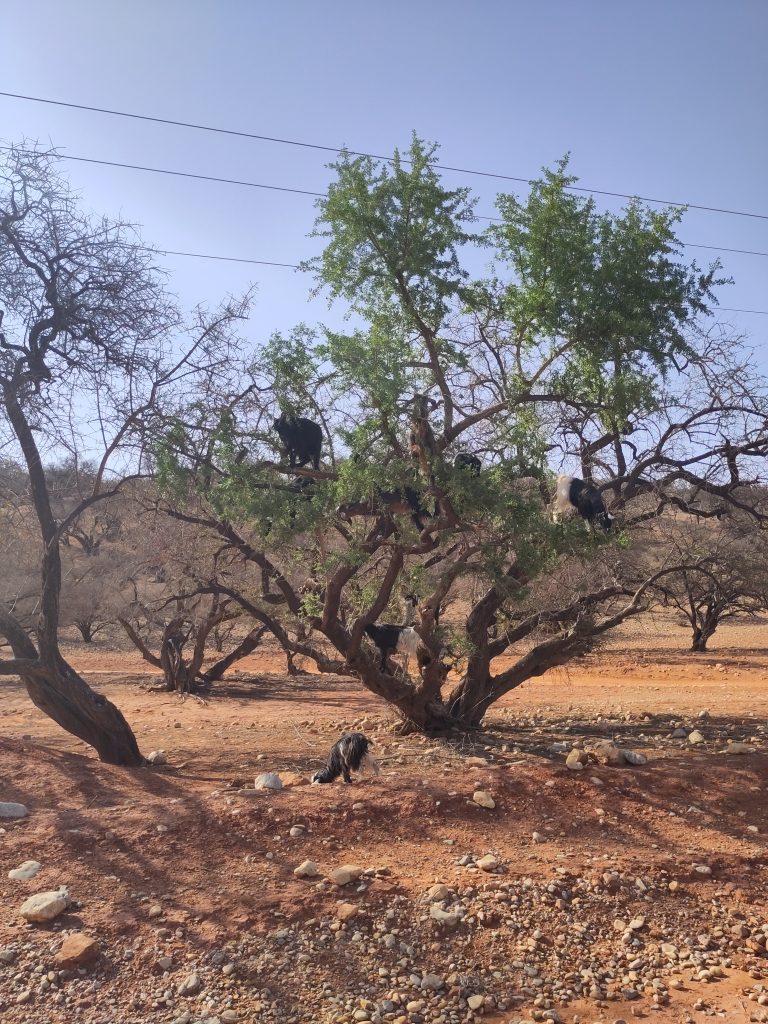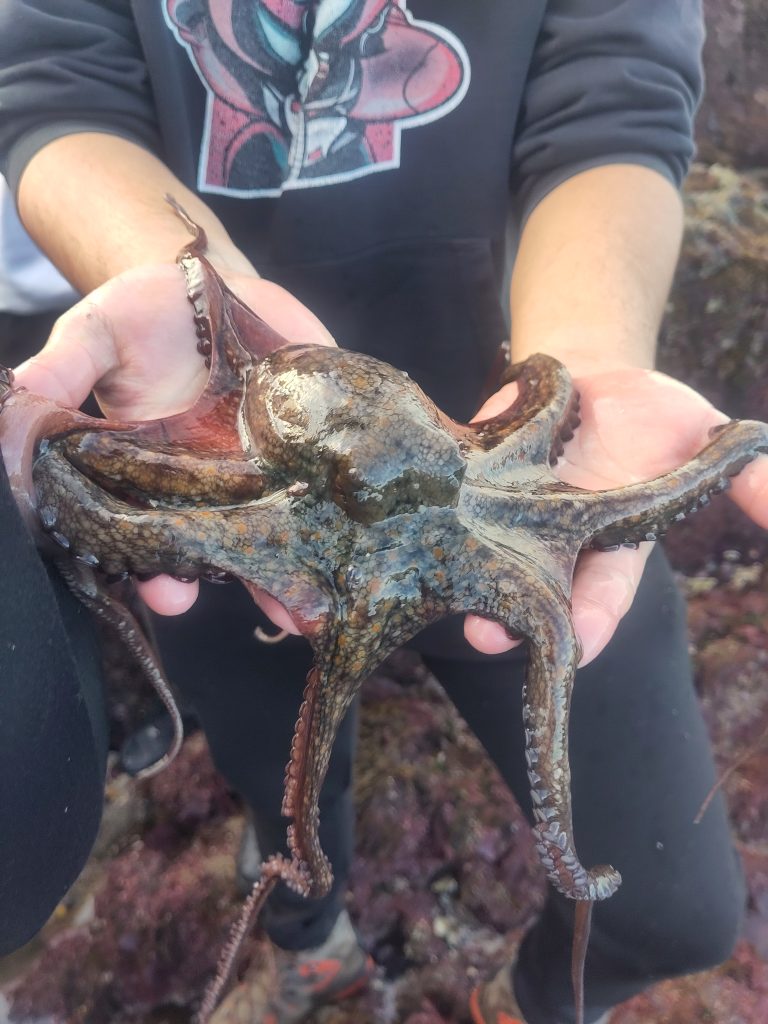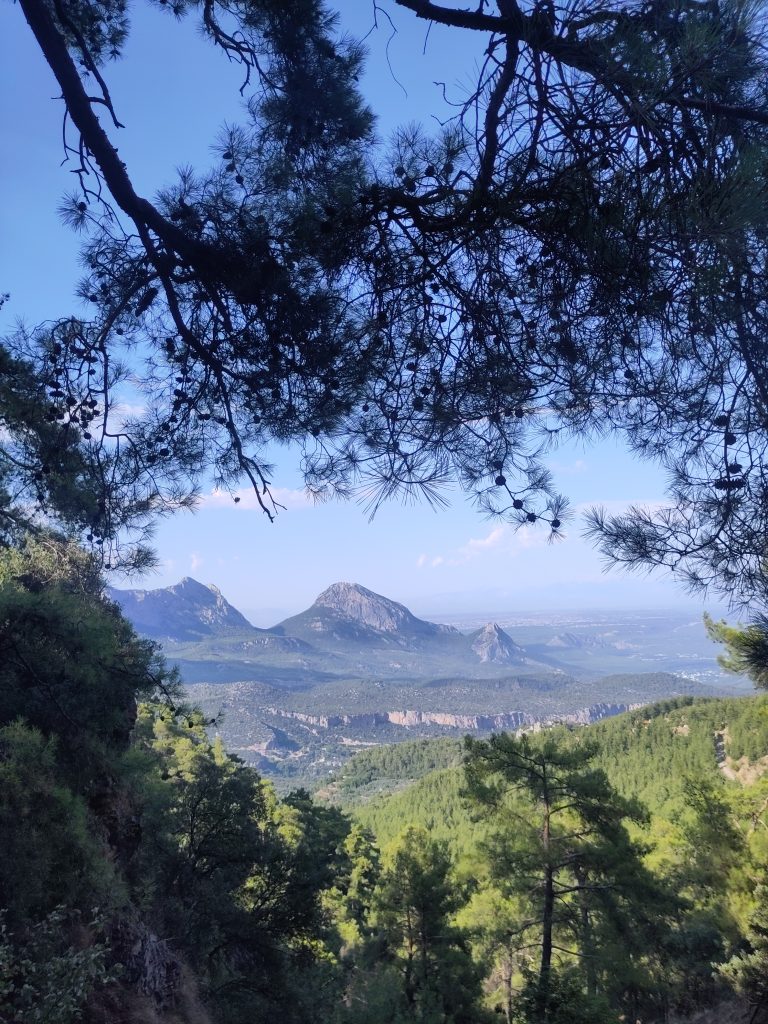When woofing in Puglia harvesting olives, meeting farmers loosing their family heritage, loosing their beloved trees to Xylella, a bacterial pathogen fast spreading in the South of Italy since 2013.
While the lure of the beautiful, remote mountains in Northern Italy is undeniable, there is also this restless, productivity focused Milano-influenced, and a bit overcrowded atmosphere with low air quality. Sometimes, it’s just the less controlled chaos of the South calling. So after 1.5 years living in the North, it was time to explore the South. The plan was to explore the south with my partner at the time and then afterwards to stay there on my own for a bit longer, wwoofing on an olive farm. So we hopped on the fast train traveling along the Adriatic coast south to Bari.

This sunrise was the South’s welcome when arriving a bit too early with the nighttrain in Bari. After Bari, we took the train to Polognano a Mare with a first swim in the already a bit fresher sea. Some beautiful plant power there. Our next stop was Lecche, what a beautiful town. The local retro train of Puglia are so great. They feel like the before-graveyard. Apulia seems to be the place where trains still run that in other places would no longer operate. From Lecche, the final stop was Gallipoli, a little sleepy coast town on the Western side of Puglia.
After the cities, it was time to discover the country inland. It was definitely a bit of a culture shock, letting the landscape pass by with the country’s diversity on full display.








The wwofing farm
When I arrived at the final station, which seemed to have stood still in time for 50 years or more, I was greeted by the farmer’s assistant, who seemed less than enthusiastic about picking me up. However, I soon found myself amidst a diverse group of wwoofers—a little Swedish family with a toddler, a former German chef, a young German girl searching for herself, and an Austrian student on a little break. Over the next week, I immersed in the local culture, picking up new Puglia words and savoring the crazy delicious fresh olive oil and some of the best food I had ever tasted. The farmer had a little agriturismo running combined with an oline shop where he sold his olive oil, olives and the other products from the farm.
The olive harvest
I arrived in perfect time for the olive harvest. Every day the little group sets off to collect the black treasures. Every day, the little group sets off to collect the black treasures of olives. In the next step, they are cleaned with a small air blower to remove any leaves.. I particularly enjoyed climbing up the trees to retrieve the olives that resisted falling when nudged by the machine. It was great to learn the fermentation process and how to olives are fermented in salt brine (here a bit special because of the bitter tannins in olive, they need to be soaked for two weeks before the actual fermentation starts and be washed out daily).






Some impressions fromthe the chaotic, homy, cozy farm house. Lots of small little details there and always some great jazz music playing or some products being dried or conserved.





In Southern Italy, migrants fill important labor shortages, but unfortunately, they are often not adequately compensated, with many of them having to juggle multiple jobs simultaneously. The farmer tries to break this vicious cycle by paying fair wages to his workers and giving them the freedom to contribute their knowledge. This is how Alou from Nigeria tries to make a living with his knowledge in peanut cultivation, showing me his first harvest as well as the cultivated artichokes and strawberries.





One night the farmer asked us woofers to join him for a local birthday party of one of his friends. The entire town seemed to be celebrating, and the hospitality was unlike anything I had ever seen. There was an abundance of incredible food prepared for everyone in attendance. It was at this gathering that I first met farmers who had been impacted by Xixella. They told me how they lost the whole family heritage and no tree survived the disease. They feld very left alone by the governement who did only pay them a little compensatio for lost trees. Farmers who have adapted and changed their tree breeds are more fortunate such as the farmer I stayed with at the woofing farm. The bacteria primarily target old tree varieties, and currently, there is no cure. This disease does not only affect olives but also cherry, almonds, and plum trees. Very scary.
What great memories to those delicious farm lunches.




Weekend excursions to the other side of Puglia with beautiful views, hikes, swims in caves.








